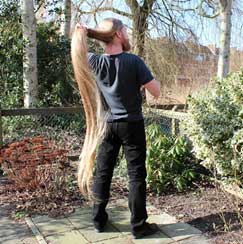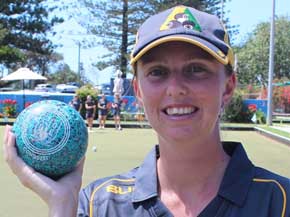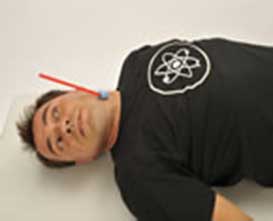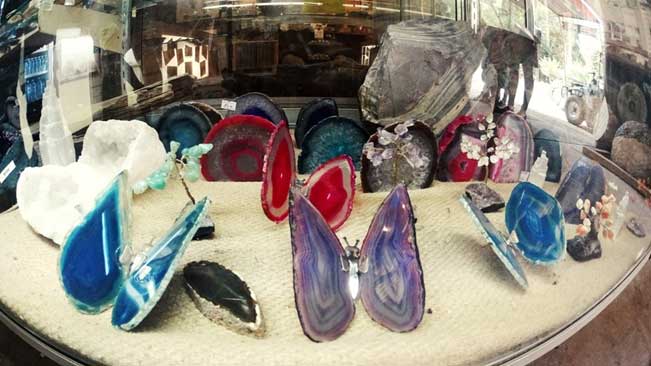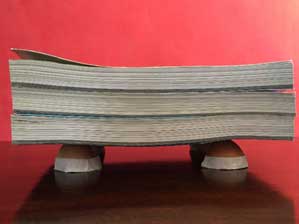5 Bizarre Facts about your Body
Colby Watts2021-02-03T08:52:27+11:00If allowed to grow for their whole lifetime, the length of someone’s hair would be about 725 kilometres There are about 40,000 bacteria in your mouth. The human heart pumps 182 million litres of blood during the average lifetime. 50,000 cells in your body died and were replaced by new ones while you were reading this sentence. Not only human beings, but also koalas have unique finger prints. More bizarre body facts

